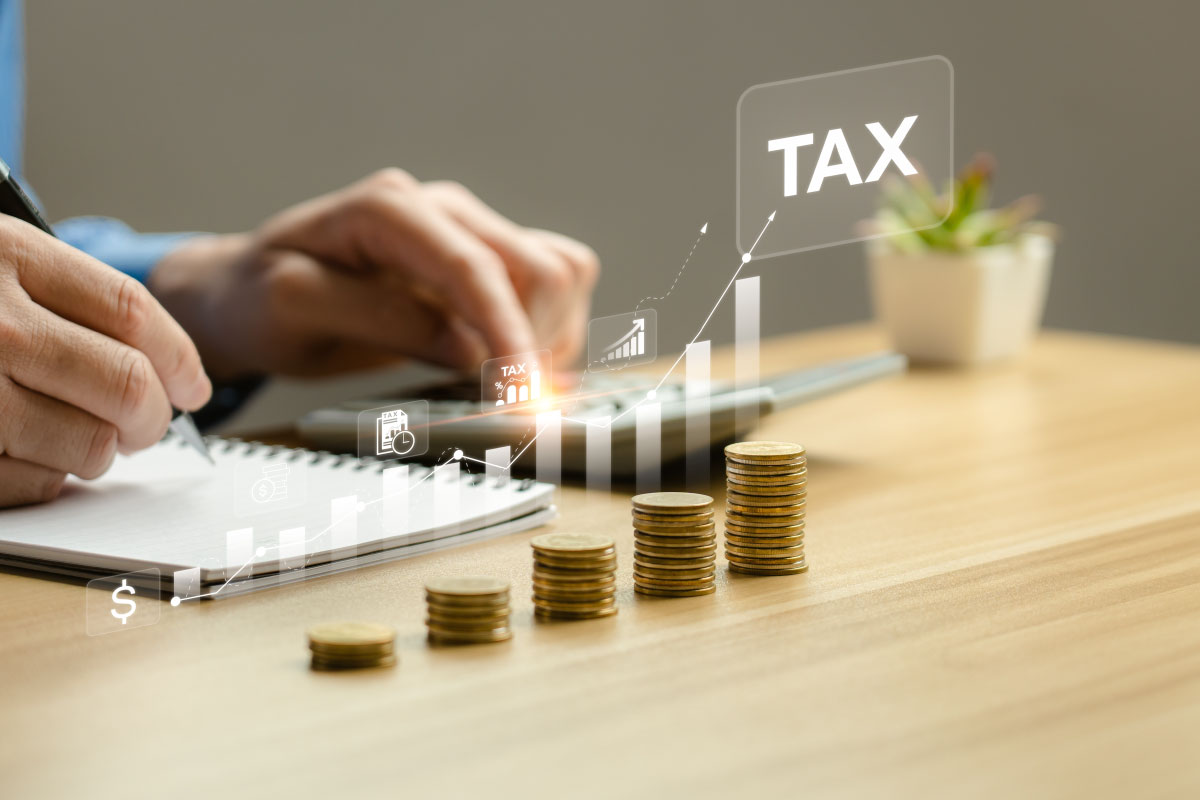Understanding Florida Sales Tax: Rates, Exemptions, and Use Tax
Florida’s sales tax system can be a bit complex, so understanding the rates, exemptions, and use tax is crucial for both residents and visitors. In this blog post, we will be walking you through a detailed breakdown of how you can determine if you owe sales tax in Florida. But before we delve into that, let take a quick overview at what the entire blog post talks about.
Key Takeaways from the Blog Post on How to Know if You owe Sales Tax in Florida
- Sales Tax Rates:
- Base rate: 6%
- Varies by county with surtaxes (0.5% – 2%)
- Total rate can reach 8% in some areas.
- Exemptions:
- Groceries (excluding prepared food)
- Prescription drugs
- Certain educational materials
- Purchases for resale (with a valid certificate)
- Services (generally)
- Certain clothing items (e.g., children’s clothing)
- Use Tax: Applies to out-of-state purchases brought to Florida or online purchases where no sales tax was collected.
- Who Pays: Buyer is responsible for sales tax on most tangible personal property purchases.
- Businesses with a presence (nexus) in Florida have different requirements.
- Taxable vs. Exempt:
- Taxable: Most tangible personal property
- Exempt: Groceries, prescription drugs, specific services, etc. Generally, if you can see or touch it, it’s taxable unless exempt.
- Rounding Rules: Sales tax is rounded to the nearest penny based on the third decimal place.
- Determining Responsibility: Understanding “nexus” is crucial. Businesses need to research based on their specific model and activities within Florida.
What is Florida State Sales Tax Rate:
- General rate: 6%
- Exceptions:
- New mobile homes: 3%
- Amusement machine receipts: 4%
- Commercial real property rentals/leases: 2%
- Electricity: 6.95% (slightly higher due to additional taxes)
For more details, visit: Florida Department of Revenue
What is the Florida Local Surtaxes:
Local surtaxes in Florida are also known as discretionary sales surtaxes. These are additional sales taxes imposed by counties on top of the state’s base sales tax rate of 6%. The surtax rate varies by county, ranging from 0.5% to 2%, with some counties not levying any surtax at all With this variation the total sales tax can sometimes be up to 8% in some areas.
Florida Sales Tax Exemptions: When Sales Tax Isn’t Owed
There are situations where you might not owe sales tax on your purchase. Here are some common sales tax exemptions ( items and services are exempt from Florida sales tax.):
- Groceries (excluding prepared food): Sales tax typically doesn’t apply to basic food items like fruits, vegetables, bread, and milk. However, prepared foods, restaurant meals, and takeout are usually taxable.
- Prescription drugs: Prescription drugs are exempt from sales tax in most states.
- Certain educational materials: Textbooks and other educational materials required for coursework might be exempt from sales tax, depending on your state.
- Purchases for resale (with a valid resale certificate): If you’re a retailer purchasing items to resell, you generally won’t pay sales tax. However, you’ll need a valid resale certificate to claim this exemption.
- Services: In general, sales tax doesn’t apply to services such as haircuts, car repairs, or plumbing work.
- Certain clothing items: (e.g., children’s clothing)
What is Florida Use Tax
Florida use tax applies to purchases where you didn’t pay sales tax at the time of buying, but you will be using the item within the state. It essentially ensures that all taxable goods used in Florida contribute their fair share of sales tax. The use tax rate is the same as the general sales tax rate (6%) unless a local surtax applies.
Here are some common scenarios where you might owe use tax in Florida:
- Online Out-of-State Purchases: If you buy an item online from a retailer outside Florida and no sales tax is collected, you may owe use tax on the purchase price when you bring it into or have it delivered to Florida.
- Tax-Exempt Purchases Used Personally: If you buy an item with a sales tax exemption intended for resale, but then end up using it personally, you owe use tax on the purchase price. This is because the initial exemption was granted under the assumption the item would be sold and sales tax would be collected at that point.
Finding the Sales Tax Rate in Your Area
The exact sales tax rate for your location can vary. You can find the combined state and local rate by using a sales tax calculator or checking with your local government.
Who Is Responsible for Paying Sales Tax in Florida?
In Florida, the buyer is responsible for paying sales tax on most purchases of tangible personal property, which refers to physical goods you can see, touch, or hold. This applies to both in-store and online purchases delivered to a Florida address.
Here’s a breakdown:
- Personal Purchases: When you buy something at a store or online retailer in Florida, you will typically be charged sales tax at the checkout.
- Business Purchases: Businesses that make taxable purchases or have a presence in Florida (nexus) will need a business license and usually have different sales tax collection and remittance requirements which also makes them eligible for certain tax exemptions.
Table of Taxable vs. Exempt Goods and Services in Florida
| Category | Taxable | Exempt |
| Goods | Most tangible personal property (clothing, furniture, electronics) | Groceries (excluding prepared food), prescription drugs, medical devices, mobility equipment, certain educational materials |
| Services | Restaurant meals, haircuts, dry cleaning, gym memberships, repairs | Educational services, public transportation, financial services, certain professional services (legal, medical) |
| Conditions | Generally, if you can see, weigh, measure, or touch it, it’s taxable unless specifically exempt. | Exempt items typically have a specific purpose (medical care, education) or are considered necessities (groceries). |
Florida’s Sales Tax Rounding Rules
Florida’s sales tax rounding rules are as follows:
- Carry the tax calculation to the third decimal place. In other words, perform the multiplication of the sales tax rate by the pre-tax amount without rounding during the initial calculation.
- Round up to the nearest penny if the third decimal place is greater than 4. For instance, a sales tax calculation of $5.045 would round up to $5.05 in sales tax, while $3.213 would round down to $3.21.
This rounding method applies to both the state sales tax and any applicable discretionary sales surtaxes. Businesses have the option to apply the rounding algorithm to the total tax on an invoice or to each taxable item individually. These rounding rules came into effect on July 1, 2021.
Conclusion
Accurately determining whether you owe sales tax in Florida hinges on understanding the complex concept of nexus. This article has explored the various factors that establish nexus, including physical presence, economic activity, and click-and-mortar operations.
Given the intricate nature of sales tax laws, it’s crucial to conduct thorough research based on your specific business model and activities within Florida. While this article provides a foundational understanding, the evolving sales tax landscape necessitates staying updated on current regulations.



